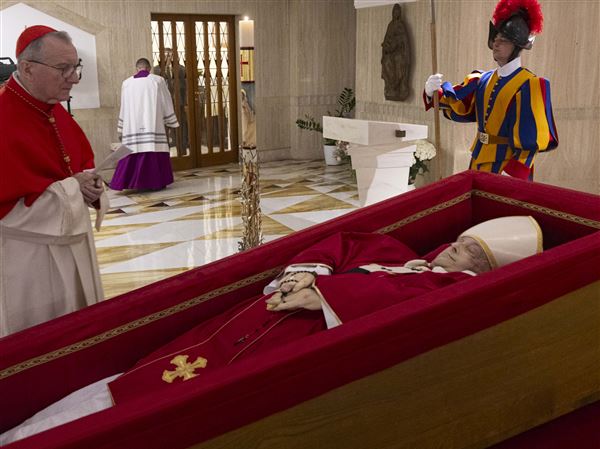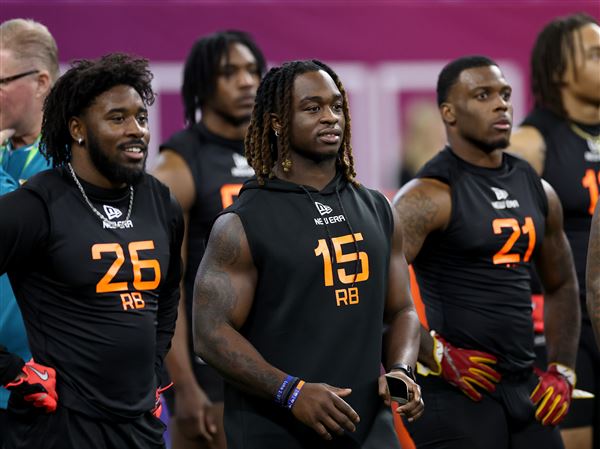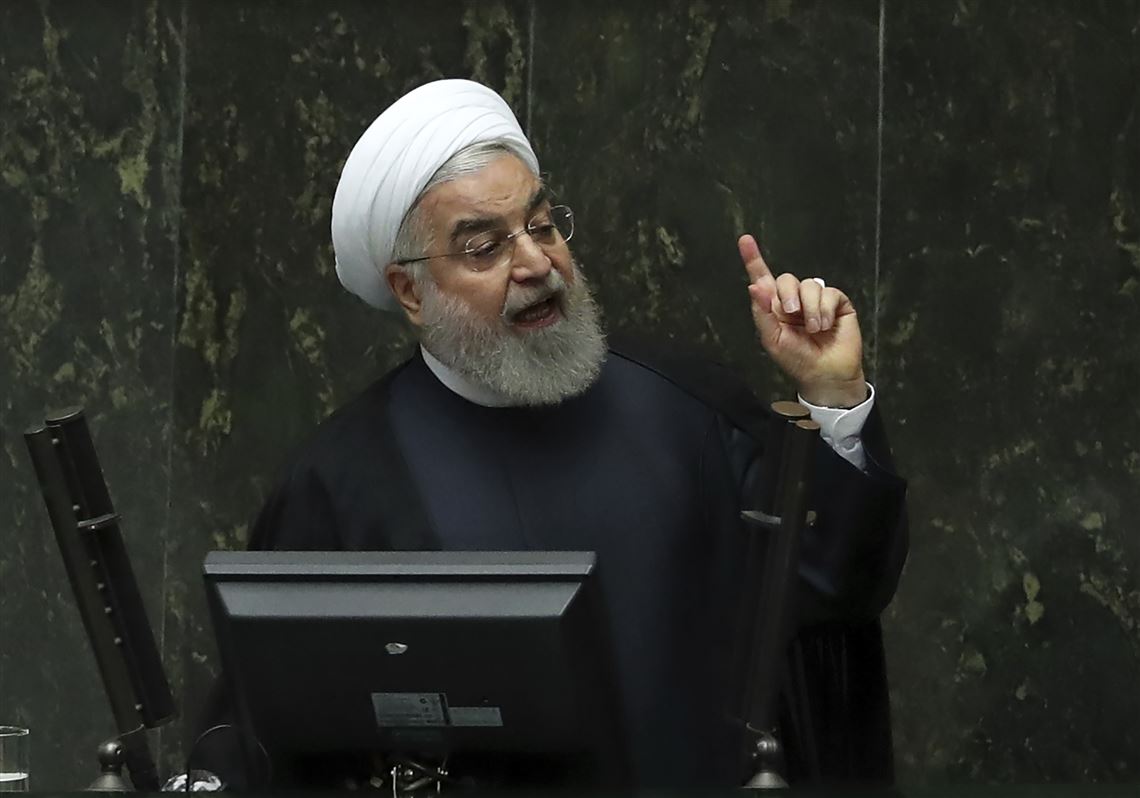TEHRAN, Iran — Iranian President Hassan Rouhani said Iran’s nuclear program will be “without limits” when it launches the third phase of its withdrawal from the 2015 nuclear deal on Friday.
“In the third phase the Iranian nuclear agency starting Friday will implement without limits everything that is needed for the expansion of domestic nuclear technology and scientific research,” Mr. Rouhani said Wednesday evening.
He assured, however, that parties to the nuclear deal would have another two months to fully implement the terms of deal. If that happens, Iran would also reverse course and return to implementing the agreement.
Mr. Rouhani did not say how exactly Iran’s nuclear agency would move forward on Friday. Iran has already partially withdrawn from the treaty earlier this year after the U.S. pulled out of the agreement and reintroduced financial sanctions on Iran.
European countries, who had opposed the U.S. withdrawal, have been in talks to provide credit and help Iran circumvent U.S. sanctions continue trading with non-U.S. businesses, but a senior Iranian diplomat on Wednesday said Europe must offer $15 billion in credit before the two sides can start any fresh nuclear negotiations.
The U.S. earlier Wednesday doubled down on its sanctions against Iran, this time taking aim at what it described as a large oil shipping network allegedly run by the Islamic Revolutionary Guard Corps’ Qods Force, or IRGC-QF, and Hezbollah.
The U.S. said the network has moved oil in violation of earlier sanctions implemented by the U.S. and provided financial support for both the IRGC-QF and Hezbollah — both designated as foreign terrorist organizations by the U.S.
The network also benefits the regime of Syrian President Bashar Assad, the U.S. Treasury Department said in a news release.
The 2015 agreement put constraints on Iran’s nuclear program in exchange for the lifting of economic sanctions. In two previous withdrawal phases, Iran began enriching uranium beyond the levels allowed under its terms.
European powers opposed the U.S. withdrawal and have sought to keep the deal alive. There had also been some talk during the G7 summit in France last month of a future meeting between President Donald Trump and Mr. Rouhani, but the latter has since said that would only happen when sanctions on his country are removed.
Deputy Foreign Minister Abbas Araghchi said that a loan package recently discussed during talks in Paris could serve as compensation for the oil sales Iran has lost as a result of crippling U.S. sanctions.
Once the credit is extended, Iran would begin talks with Europe on returning to compliance with the 2015 deal, Mr. Araghchi said, according to the Iranian news agency ISNA, but he rejected calls for the talks to be expanded to regional conflicts or Iran’s ballistic missile program as the U.S. has demanded.
The International Atomic Energy Agency, or IAEA, last week reported that Iran had significantly exceeded its enriched uranium stocks in recent weeks. Iran now holds 241.6 kilograms of low-enriched uranium, 36.6 kilograms more than at the start of July, and 38.8 kilograms more than allowed under the nuclear agreement, the Vienna-based agency said Friday in the document seen by Deutsche Presse-Agentur.
The IAEA report also confirmed that Iran is currently enriching uranium up to a purity grade of 4.5% — higher than the 3.67% limit set by the agreement.
First Published: September 5, 2019, 7:00 a.m.















